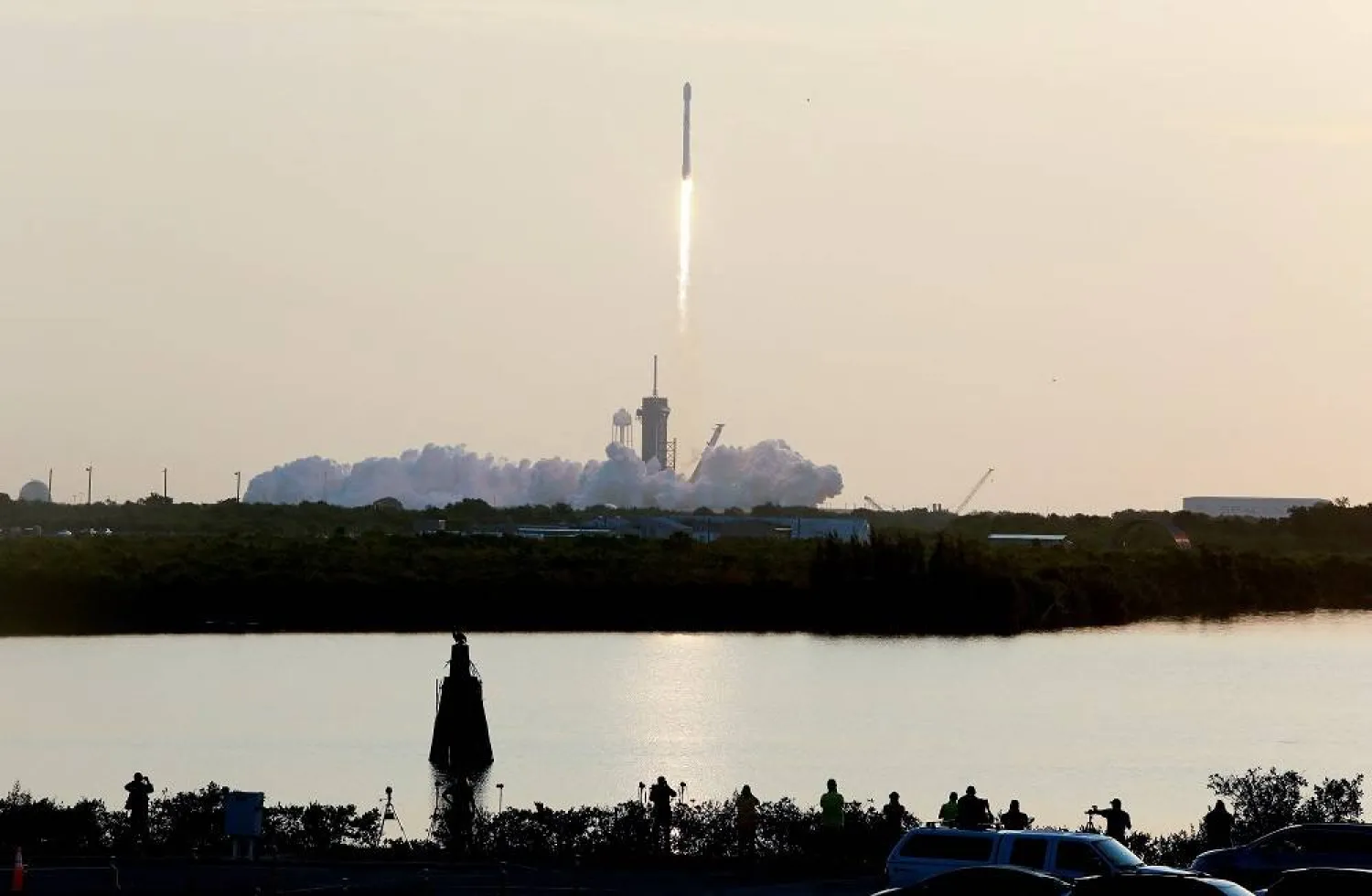Japan's military is testing Elon Musk's Starlink satellite internet service with an eye to adopting the technology next fiscal year, the Yomiuri newspaper reported on Sunday, citing unnamed government sources.
The Ministry of Defense already has access to communication satellites in geostationary orbit, but use of Starlink technology, operated by Musk's SpaceX, would add a constellation of satellites in low Earth orbit, the Yomiuri said.
Countries around the world are seeking to build resilience against the risk of jamming of communications or attacks on satellites in the event of conflict.
Japan's Self-Defense Forces have been testing Starlink since March with the system deployed in about 10 locations and in training, the newspaper said.
Defense ministry spokespeople could not immediately be reached for comment on the report outside business hours.
Starlink technology is being deployed by Ukraine on the battlefield, and Russia is attempting to block its use in the region. Musk said in October SpaceX could not afford to indefinitely fund Starlink's use in Ukraine.
The US Defense Department said this month it had contracted to provide Starlink services there.









